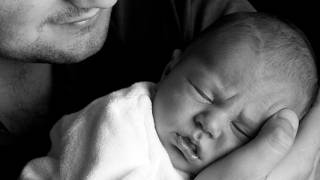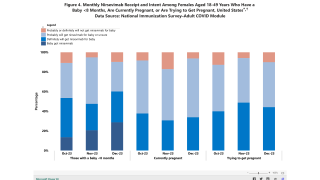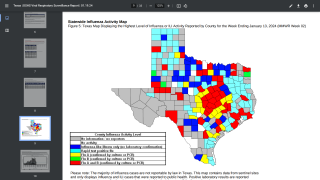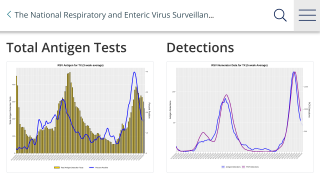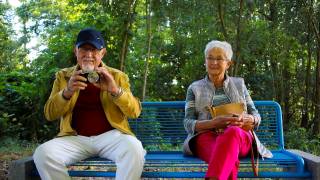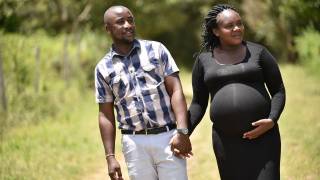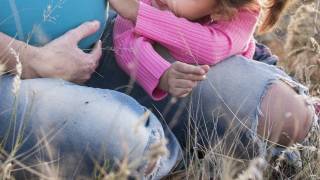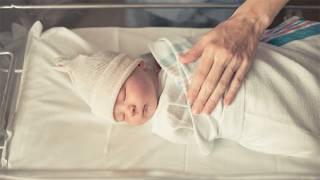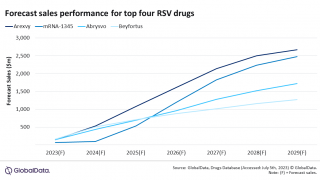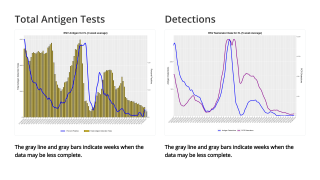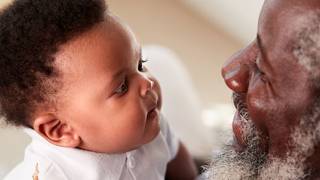Infants Protected From RSV Hospitalizations With Passive Immunization
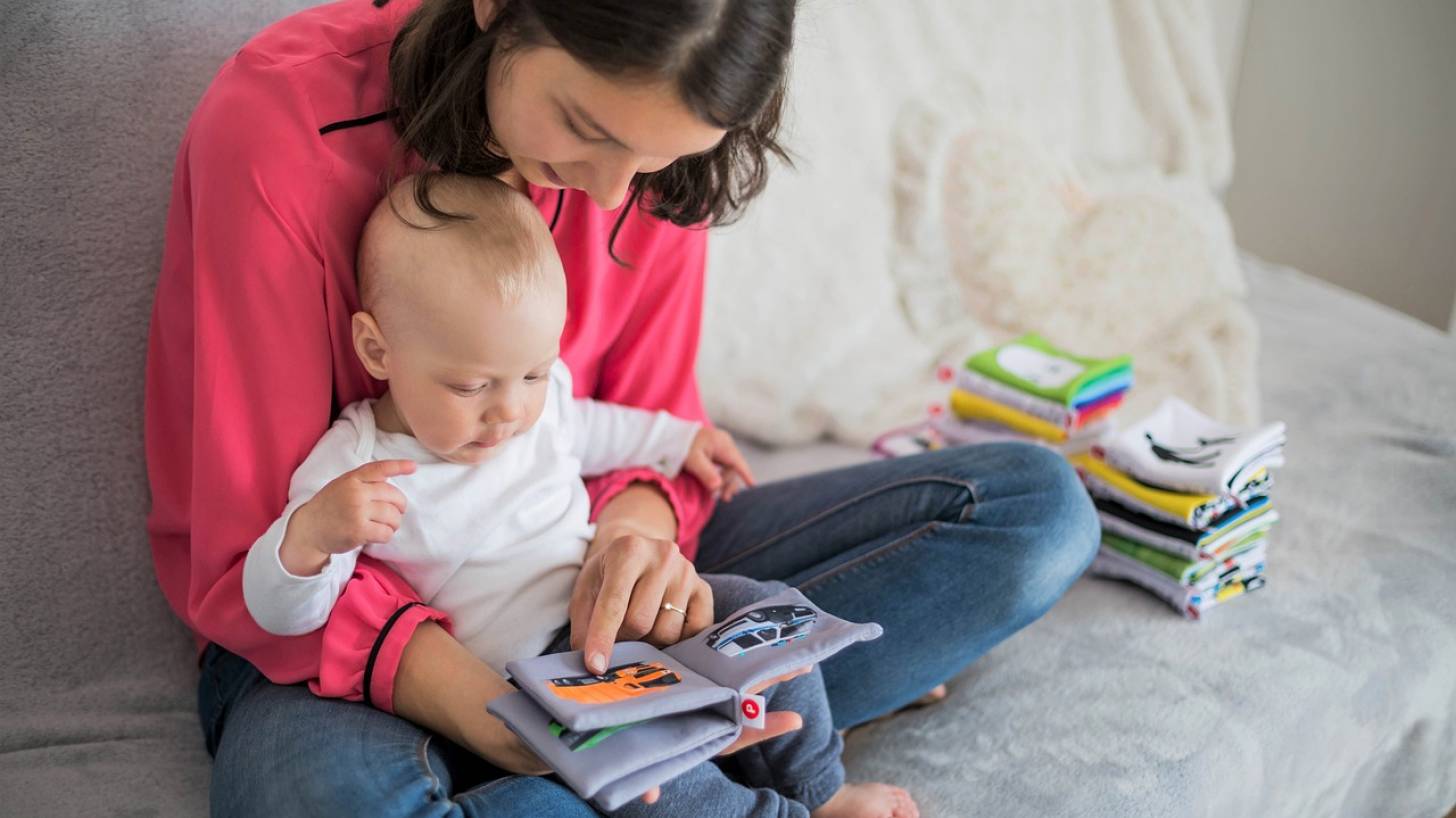
An Original Article published today reported a second-generation monoclonal antibody (mAb) reduced hospitalizations among infants with respiratory syncytial virus (RSV)-associated lower respiratory tract infection.
The recently approved single-dose Beyfortus™ (nirsevimab) was found in a phase 3 clinical study that (0.3%) of infants who received Beyfortus were hospitalized for RSV-associated lower respiratory tract infection compared with 1.5% of those who received standard care.
This data corresponded to an efficacy rate of 83.2% (95% confidence interval [CI], 67.8 to 92.0; P<0.001).
Very severe RSV-associated lower respiratory tract infection occurred in 5 infants (0.1%) in the nirsevimab group and 19 (0.5%) in the standard care group, which represented an efficacy rate of 75.7% (95% CI, 32.8 to 92.9; P=0.004).
Beyfortus was developed in partnership between AstraZeneca and Sanofi. It is designed to protect infants experiencing their first or second RSV season and those with congenital heart disease or chronic lung disease.
In a pragmatic trial, we randomly assigned, in a 1:1 ratio, infants who were 12 months of age or younger, had been born at a gestational age of at least 29 weeks and were entering their first RSV season in France, Germany, or the United Kingdom to receive either a single intramuscular injection of nirsevimab or standard care (no intervention) before or during the RSV season.
A total of 8058 infants were randomly assigned to receive nirsevimab (4037 infants) or standard care (4021 infants).
The efficacy of nirsevimab against hospitalization for RSV-associated lower respiratory tract infection was 89.6% (adjusted 95% CI, 58.8 to 98.7; multiplicity-adjusted P<0.001) in France, 74.2% (adjusted 95% CI, 27.9 to 92.5; multiplicity-adjusted P=0.006) in Germany, and 83.4% (adjusted 95% CI, 34.3 to 97.6; multiplicity-adjusted P=0.003) in the United Kingdom.
Treatment-related adverse events occurred in 86 infants (2.1%) in the nirsevimab group.
Beyfortus was approved in Europe in 2022, followed by the U.K., Japan, and Canada in 2023.
Beyfortus was approved in the United States in July 2023 and has limited availability for the 2023-2024 RSV season. As of December 2023, the manufacturers had committed 1.4 million doses for delivery in the U.S. before February 2024.
RSV outbreaks vary by country and time of year.
The World Health Organization Influenza Update N° 460 reported RSV activity recently increased in North America and Europe. And RSV activity remained elevated in Central America and the Caribbean.
In the U.S., the 2022–2023 RSV season occurred in June (Florida) and peaked nationwide in November 2023.
Our Trust Standards: Medical Advisory Committee




